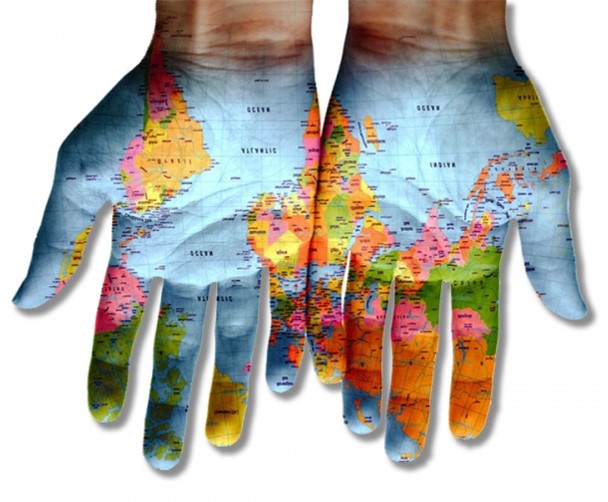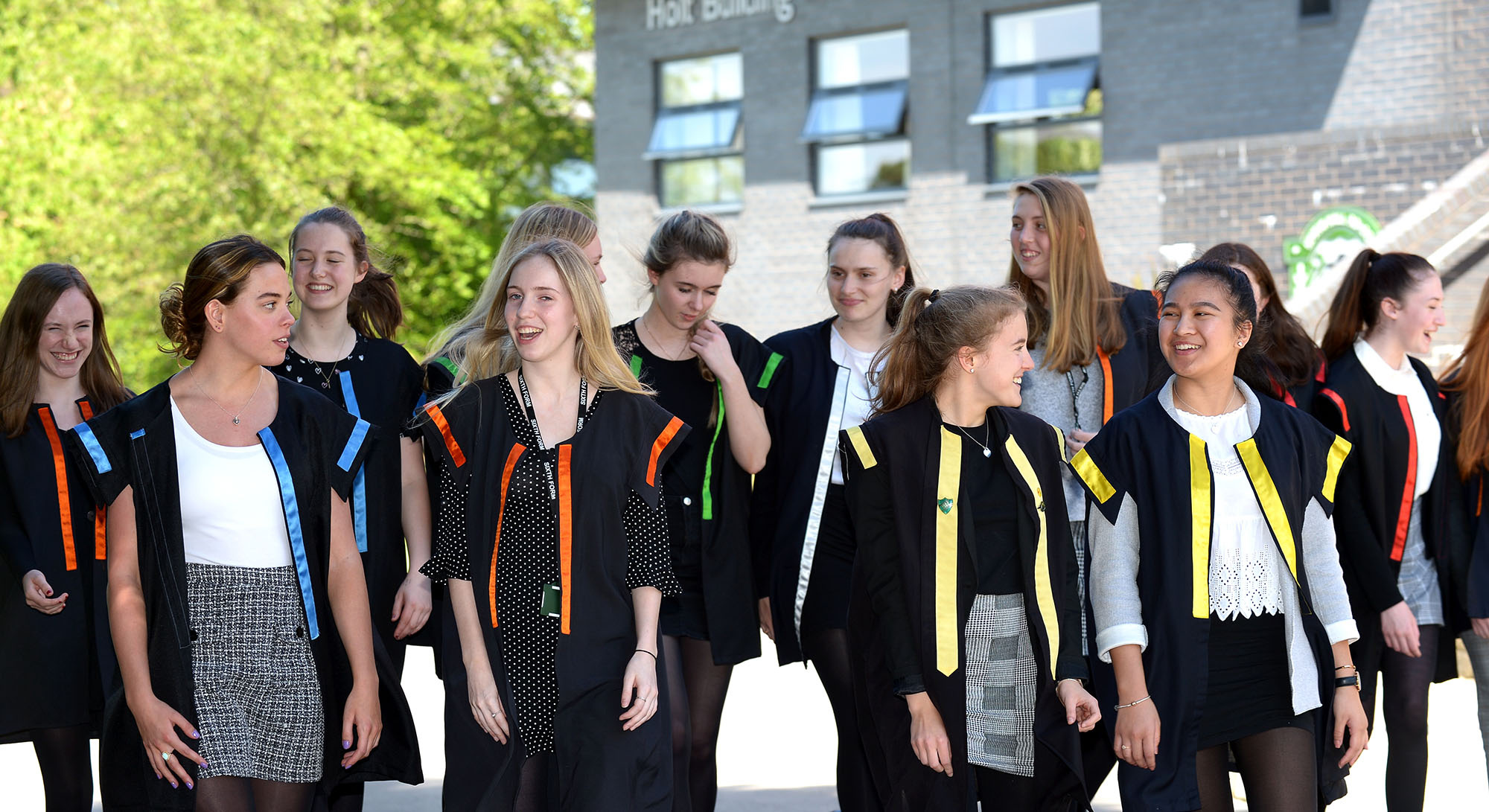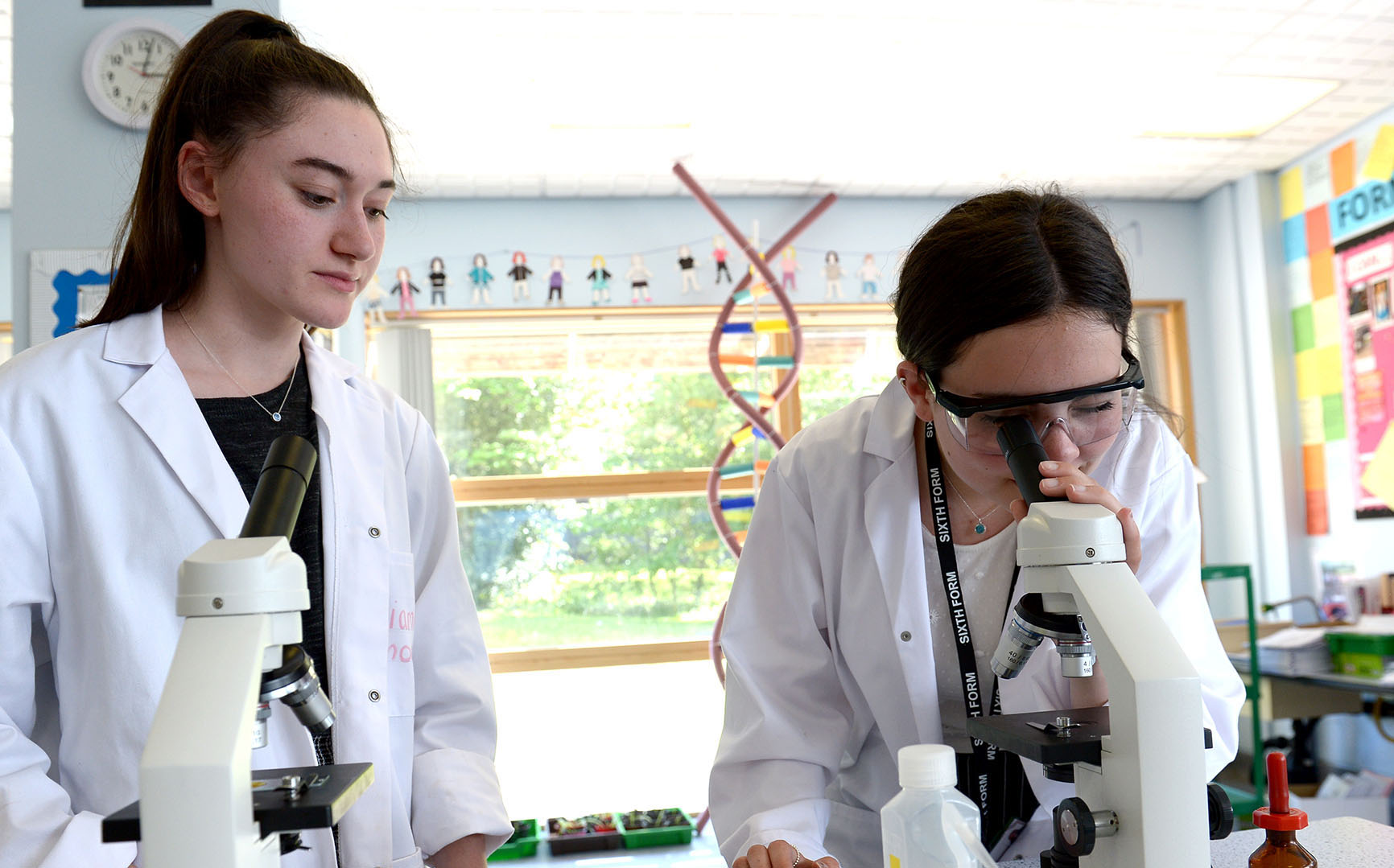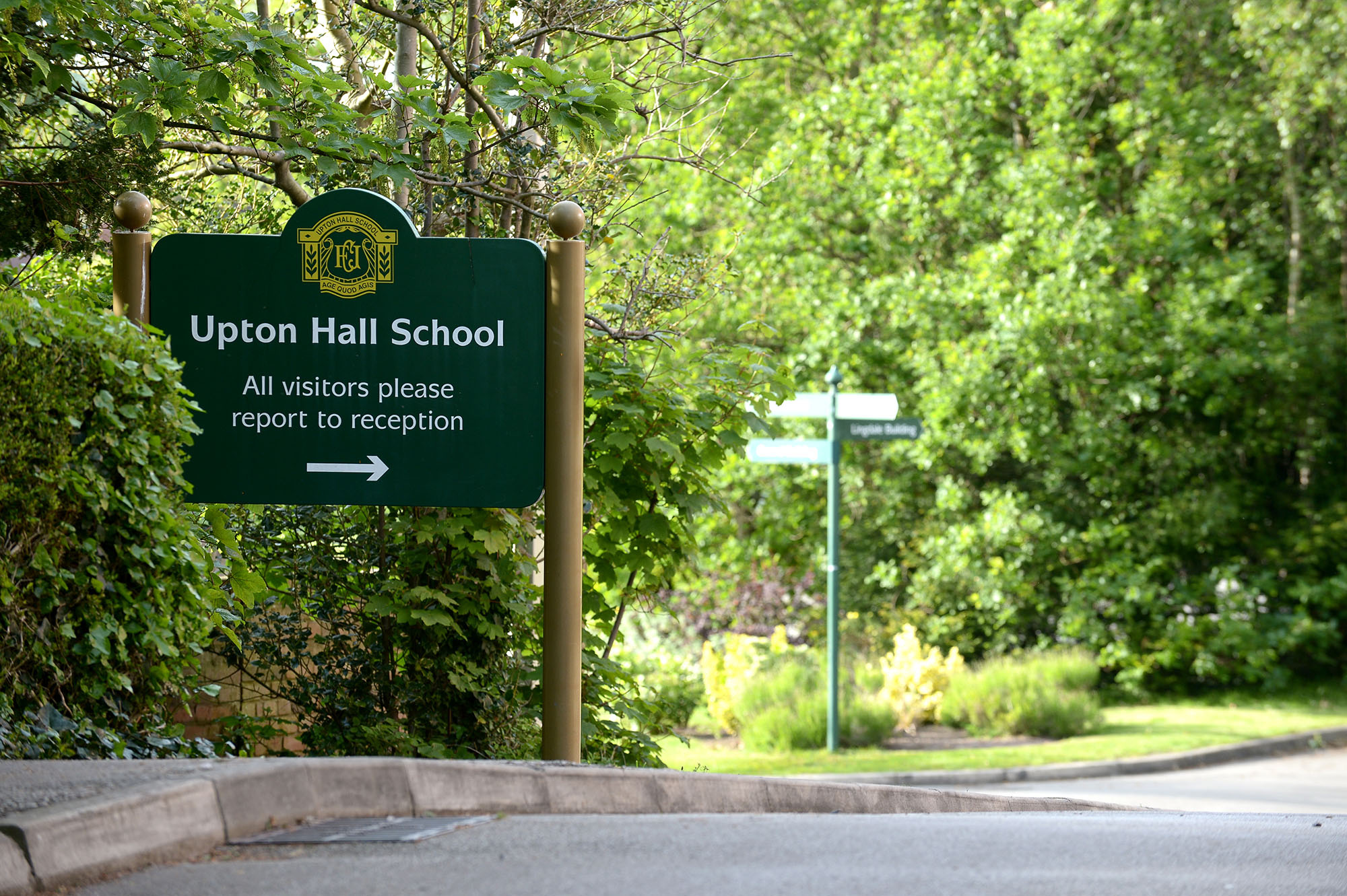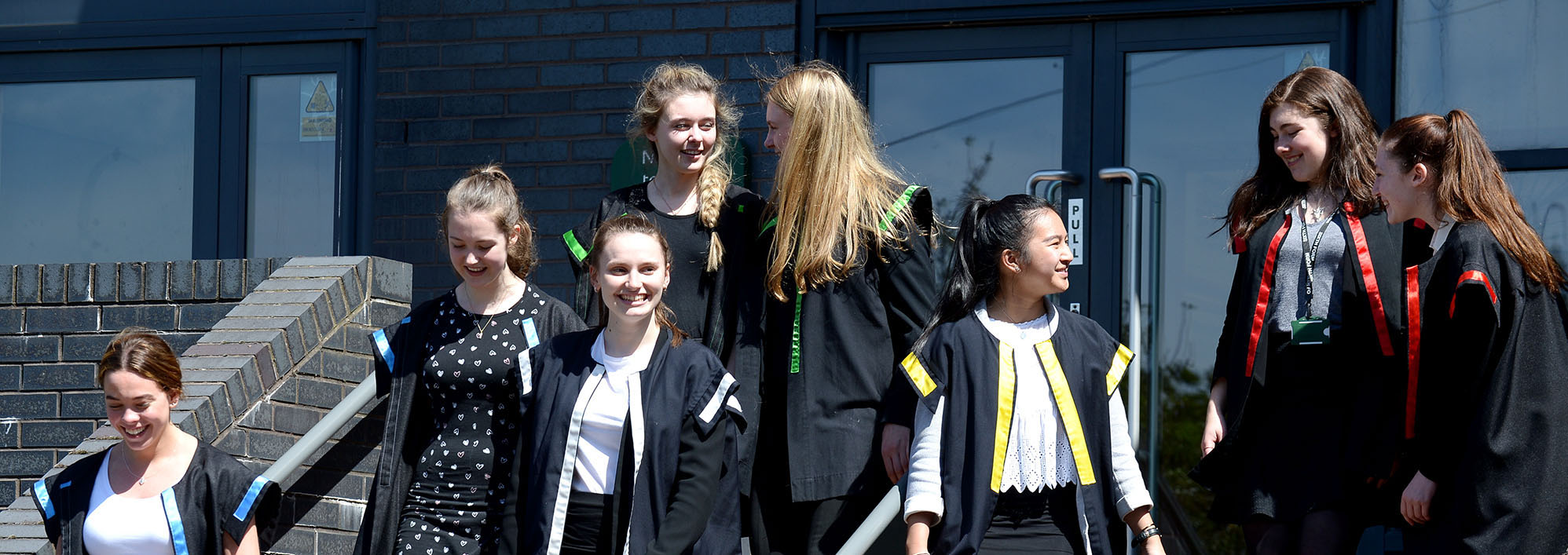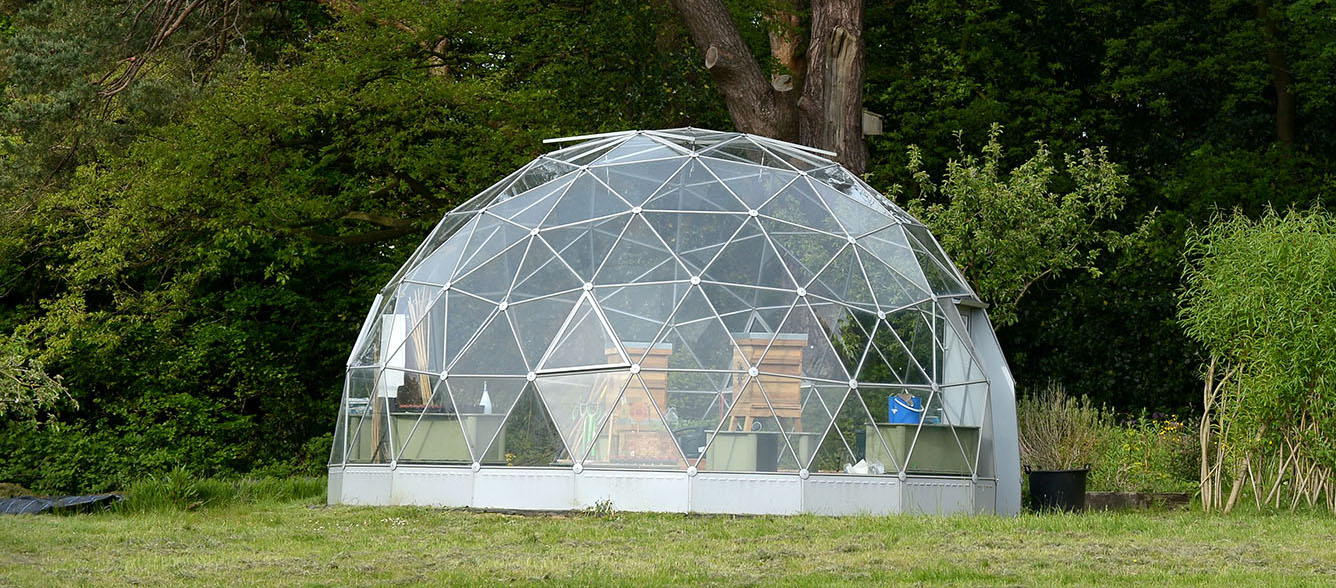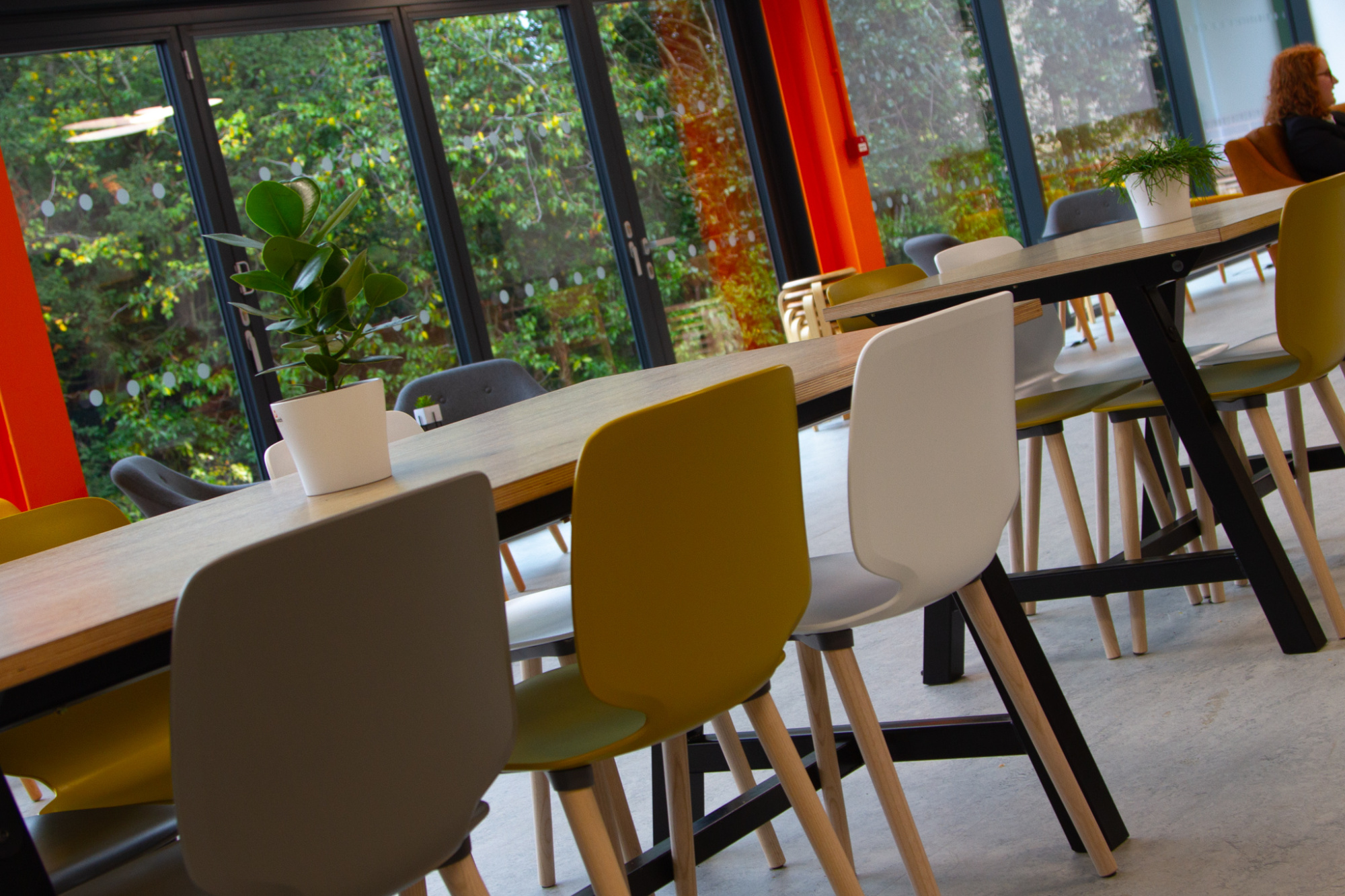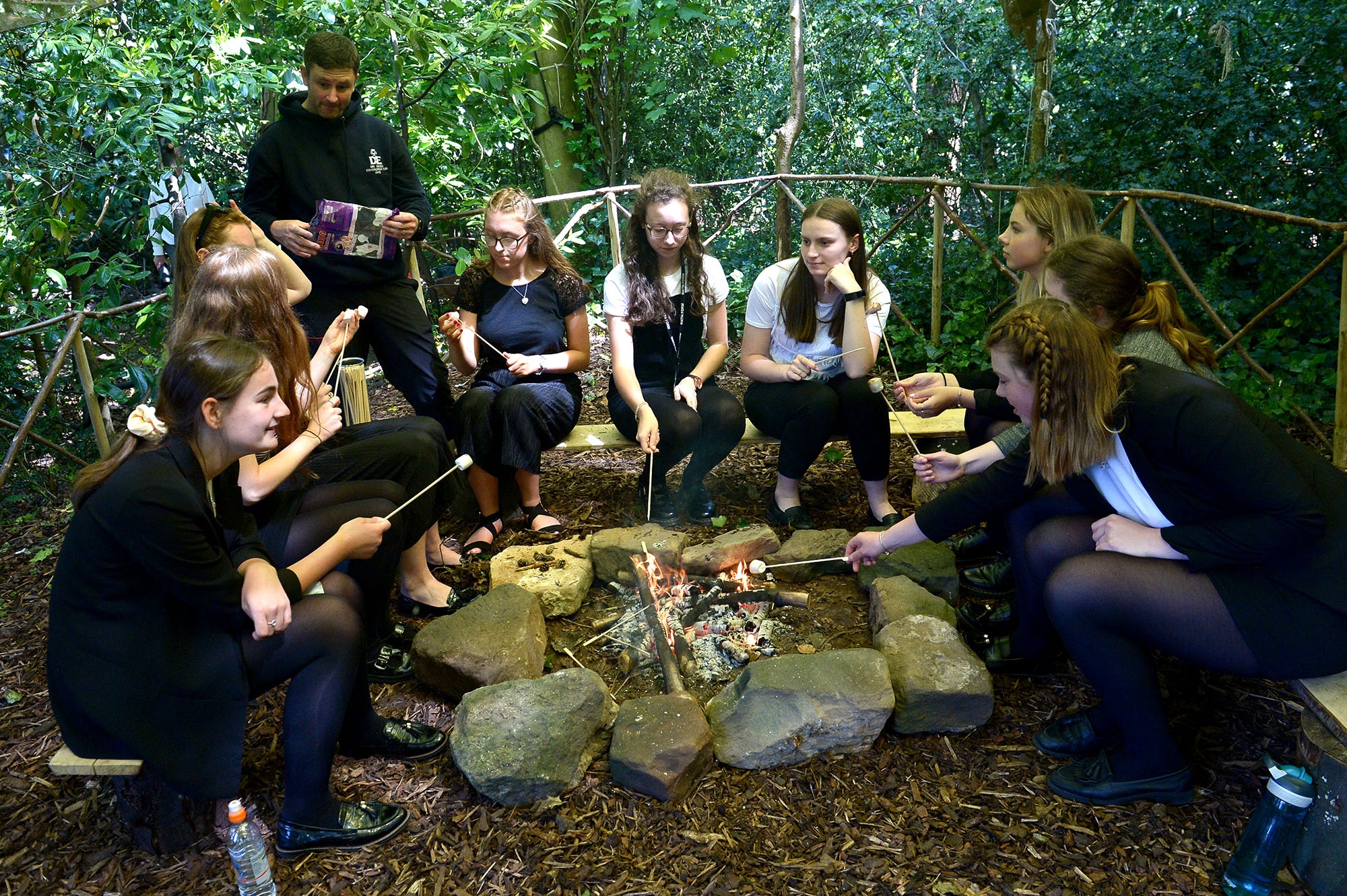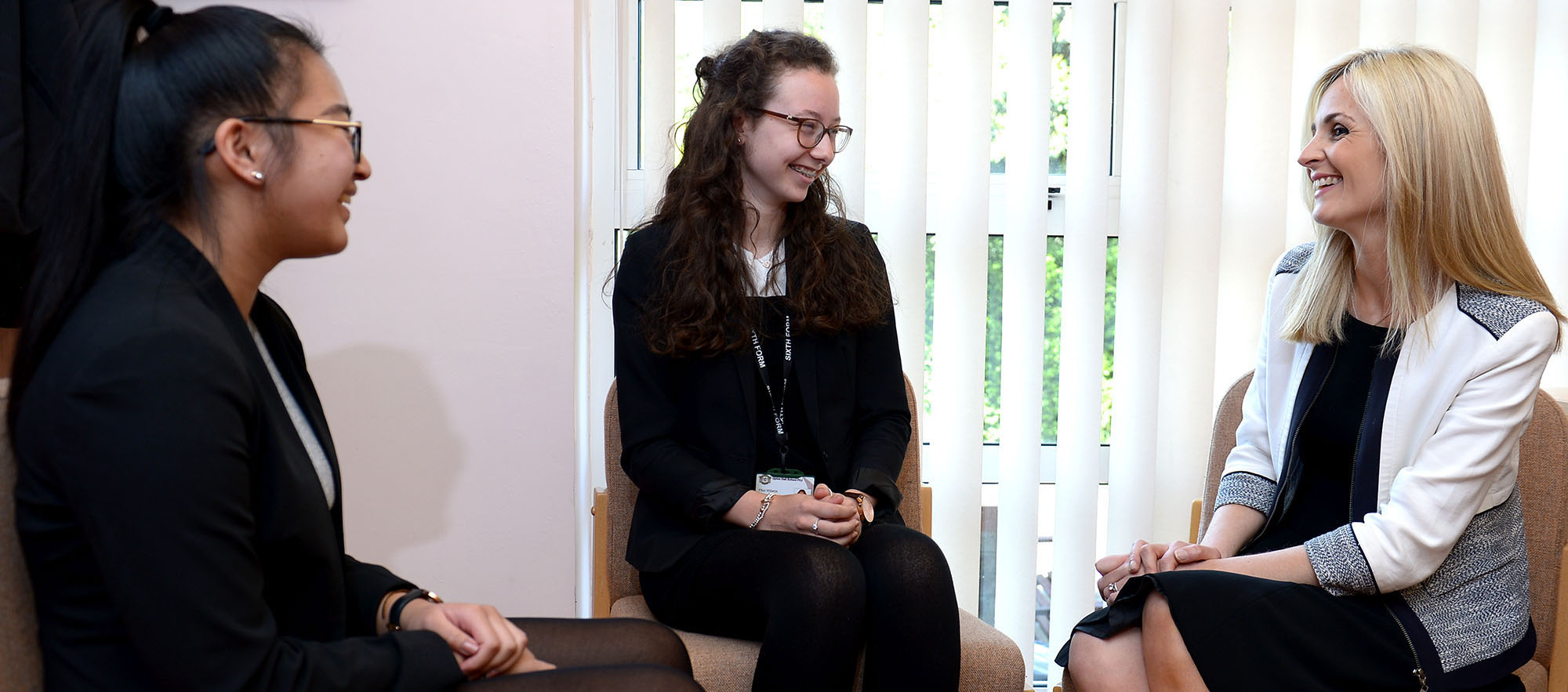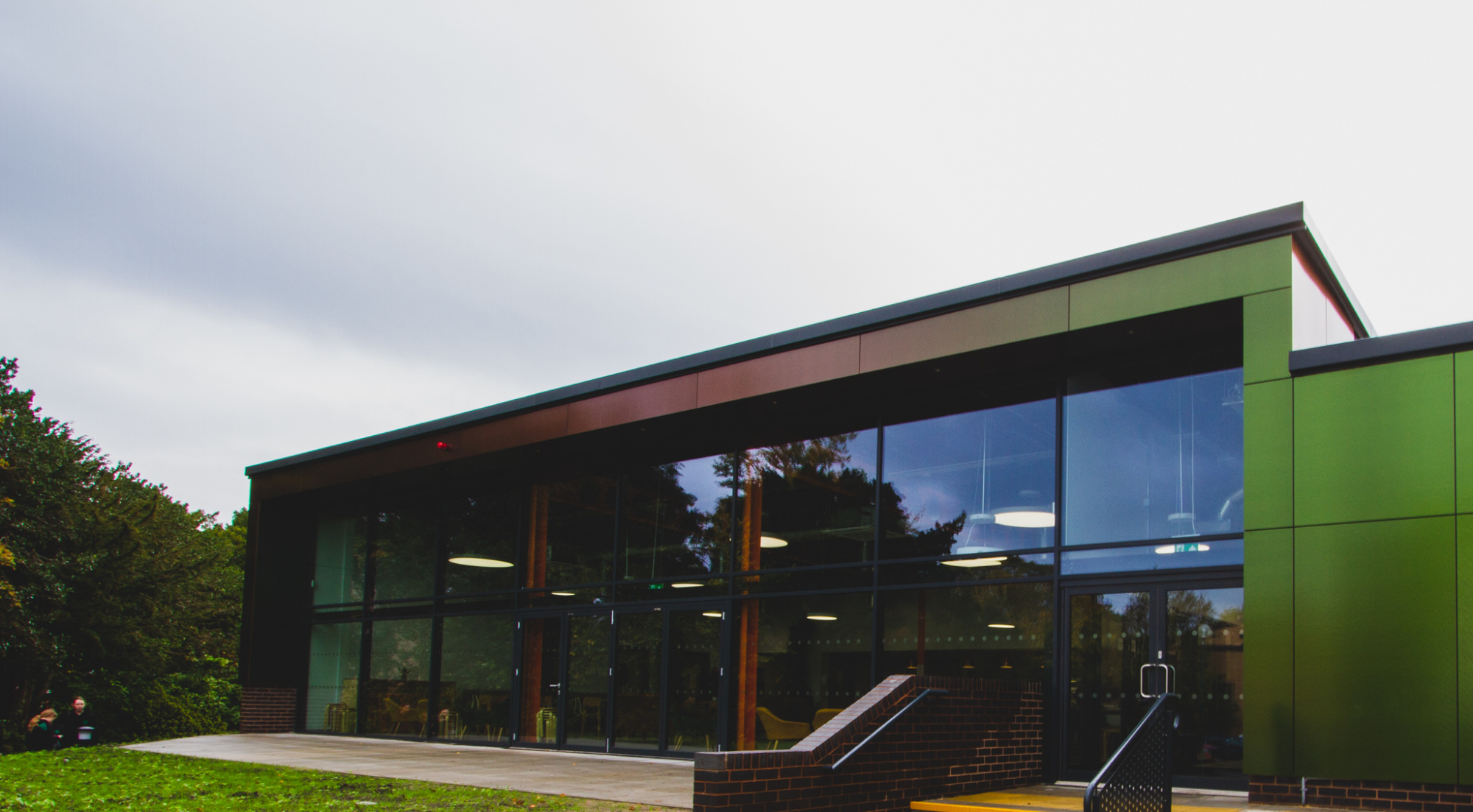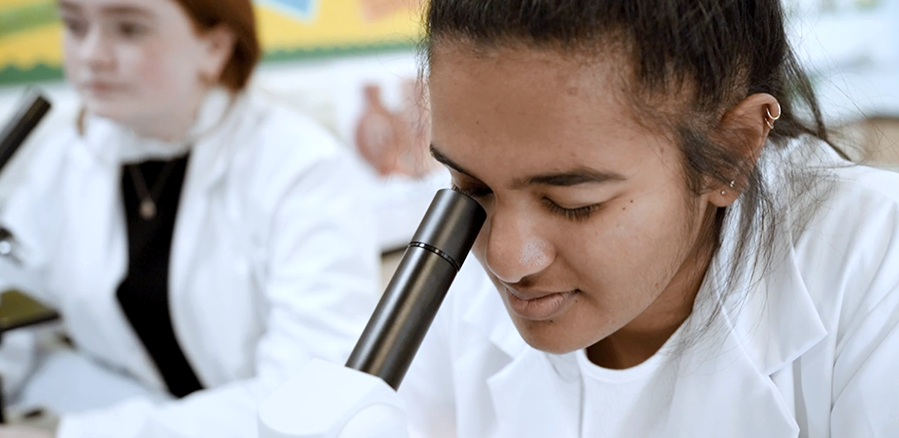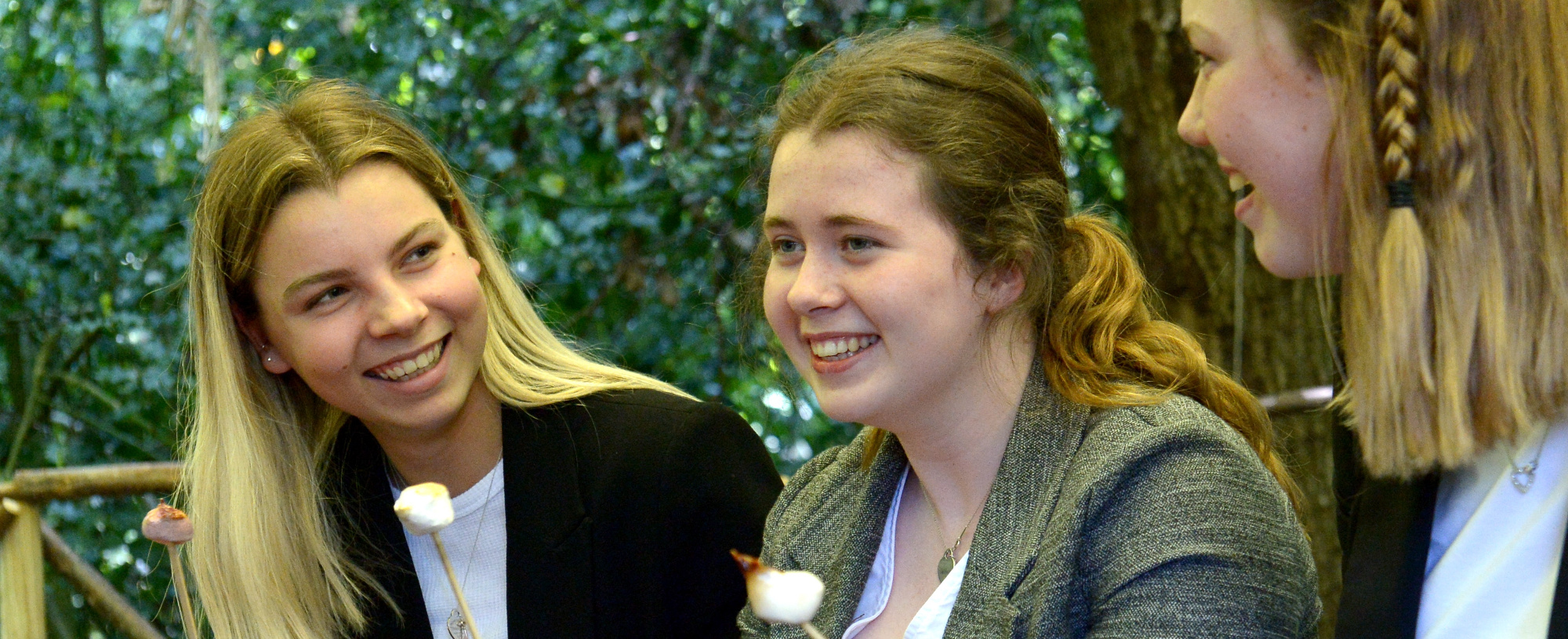Textbook
We will hopefully issue you with a textbook (depending on availability). We use the following textbook:
Geography for A-level and AS published by Hodder Education and written by Skinner,Abbiss, Banks, Fyfe and Whittaker.
ISBN 978-1-4718-5869-7

BOOKS:
The Ages of Gaia (1988) James Lovelock; The Ages of Gaia explains Lovelock's theory that the earth is a living organism. The book describes how the living earth may work, today, and in ages past, based on the latest research of Lovelock and others
There Is No Planet B: A Handbook for the Make or Break Years Paperback – 28 Feb 2019 by Mike Berners-Lee Feeding the world, climate change, biodiversity, antibiotics, plastics - the list of concerns seems endless. But what is most pressing, what are the knock-on effects of our actions, and what should we do first? Do we all need to become vegetarian? Fortunately, Mike Berners-Lee has crunched the numbers and plotted a course of action that is practical and even enjoyable.
Geography: Ideas in Profile Paperback – 24 Mar 2016 by Danny Dorling (Author), Carl Lee (Author) Geography gives shape to our innate curiosity; cartography is older than writing. Channelling our twin urges to explore and understand, geographers uncover the hidden connections of human existence, from infant mortality in inner cities to the decision-makers who fly overhead in executive jets, from natural disasters to over-use of fossil fuels.
Adventures in the Anthropocene: A Journey to the Heart of the Planet we by Gaia Vince (Author) We live in epoch-making times. The changes we humans have made in recent decades have altered our world beyond anything it has experienced in its 4.6 billion-year history. As a result, our planet is said to be crossing into the Anthropocene – the Age of Humans.
Prisoners of Geography: Ten Maps That Tell You Everything You Need to Know About Global Politics by Tim Marshall (Author) All leaders are constrained by geography. Their choices are limited by mountains, rivers, seas and concrete. Yes, to follow world events you need to understand people, ideas and movements - but if you don't know geography, you'll never have the full picture.
Geography Review Magazines: Subscribe for £40 and you will get 4 up to date magazines with articles that will be really relevant to the topics that you are studying.
There are also Geofile pdfs produced for various topics e.g.
https://www.thegeographeronline.net/uploads/2/6/6/2/26629356/responses_to_climate_change.pdf

Some tips from the Geographical Association:
https://www.geography.org.uk/Student-guidance


Geographical Documentaries:
There are some great geographical documentaries which will help develop your general geographical knowledge and understanding and help you see what an amazing world we live in.
The following are all available on IPLAYER:
Geography on NETFLIX, DVD or YOUTUBE:
- Before the Flood- A film presented by Leonardo DiCaprio- exploring climate change and looking at what needs to be done today to prevent catastrophic disruption
- Our Planet Netflix Series- Explores how climate change impacts all living creatures
- An Inconvenient Truth – follows Al Gore on the lecture circuit as he seeks to raise awareness about Climate Change.
- + An Inconvenient Sequel
What should I do with the News that I am Watching?
You should be regularly watching the news to keep you up to date with what is happening in relations to the inter-relationship between people and the environment. You will be really surprised how many of the news bulletins relate to what you are studying.
- BBC NEWS: https://www.bbc.co.uk/news- an excellent source of up to date articles- explore the headings such as Science, UK, WORLD and other stores
- THE GUARDIAN: https://www.theguardian.com/uk - Again many useful articles and logically ordered – keep an eye on the Environment, Science, Society, Global Development Stories in particular.
- THE CONVERSATION: https://theconversation.com/uk - Really useful to support many of you’re a Levels. Up to date articles from academics and specialists in the field written in a way that is accessible to all, summarising the key points in a short but insightful articles.

Buy yourself a Scrapbook and either cut out the headline from a newspaper/print it off/ or just write it in your book and summarise the following:
- What are the key things that the article is telling you about- can you summarise in to the main points
- What part of Geography/what we study does this link to?
- Are there any keywords that you need to look into more or you feel would be useful for your studies.
Bring this with you for your first lesson in the September
There are three tasks to complete for September.
- Changing Places
- Coastal Systems and Landscapes
- Water and Carbon Cycles
These can be found in Related Documents below.
